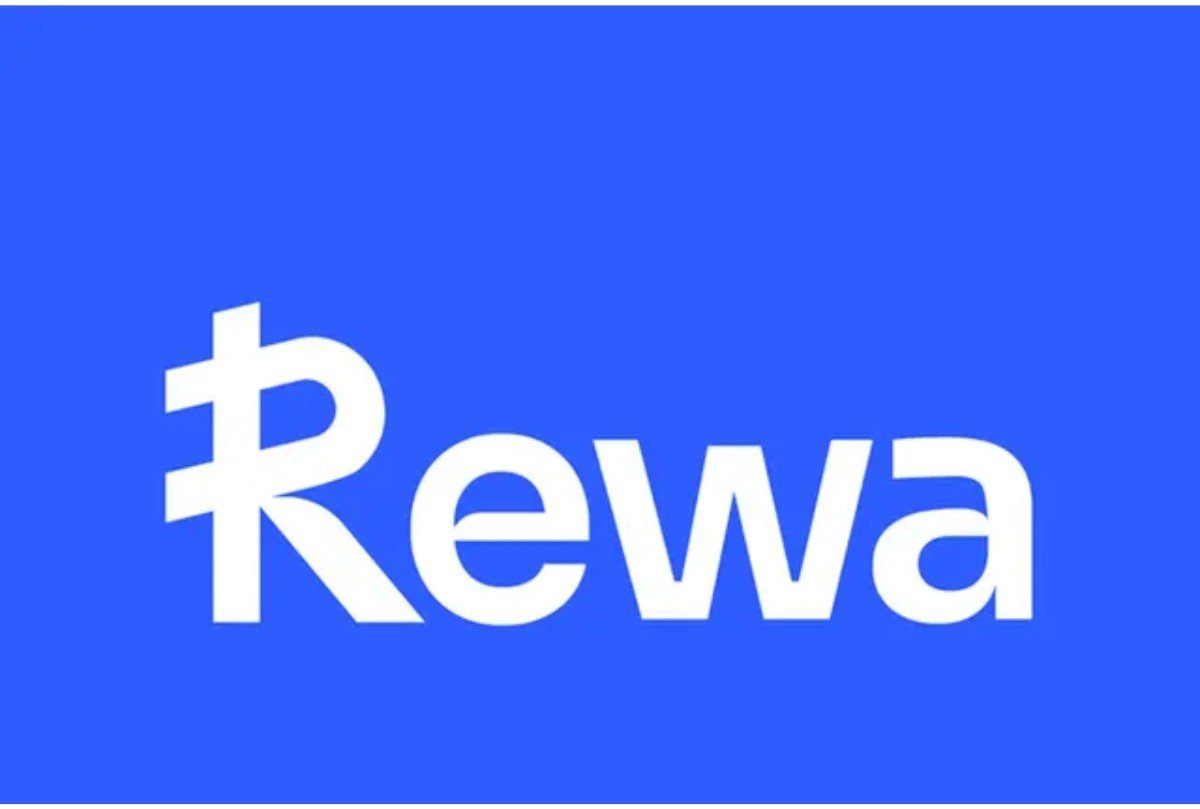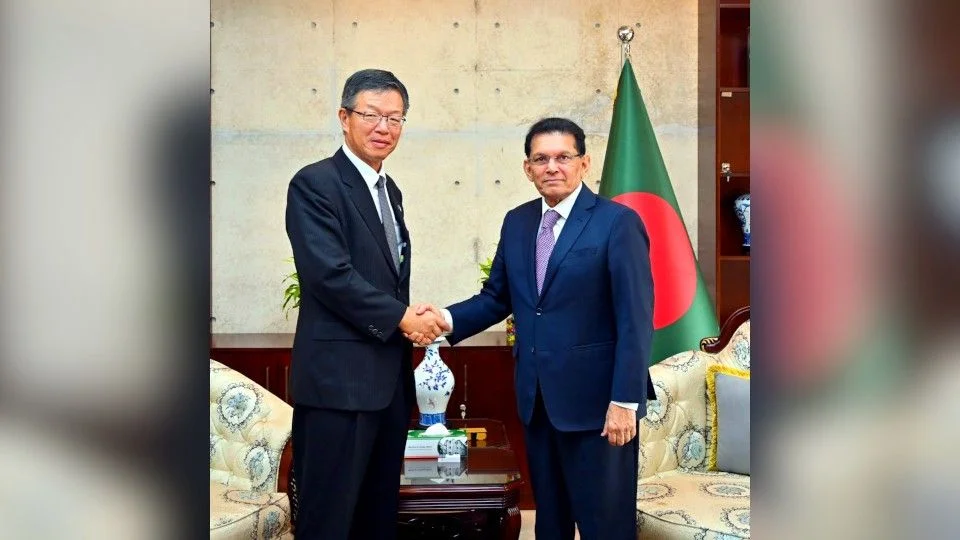A new report from UNESCO has revealed that two-thirds of digital content creators fail to verify the accuracy of the information they share. The report, titled ‘Behind the Screens’, is the first global analysis of the motivations, practices, and challenges faced by digital content creators. It involved 500 influencers across 45 countries, with research conducted by Bowling Green State University in the United States.
According to the findings, 62% of surveyed digital content creators admitted to not fact-checking content before sharing it with their audiences. Around one-third of creators (33.5%) shared content without checking the source, relying on trust alone. However, 36.9% of creators reported checking content before dissemination.
Some creators acknowledged the importance of accuracy and recognized the potential consequences of sharing unverified information. Despite this, fact-checking was not the norm, and many content creators struggled to determine the credibility of the information they encountered online.
The survey revealed that content creators often used social media engagement metrics, such as the number of likes and shares, as indicators of credibility. Additionally, 21% of creators would share content if it had been shared by trusted friends, while 19% relied on the reputation of the original author or publisher.
The report emphasized that journalists could play a valuable role in helping digital content creators verify the trustworthiness of the content they share. However, it found that collaboration between content creators and journalists was still rare, with mainstream news media being the third most common source for creators, after their own research and interviews.
The survey also highlighted a lack of awareness among digital content creators regarding regulatory frameworks and global standards for digital communication. Over half of the respondents (59%) were either unfamiliar with such frameworks or had only heard of them. Despite 56.4% of respondents being aware of training programs for creators, only 13.9% had participated in them.
To address these issues, UNESCO has launched a training program designed specifically for digital content creators. The course, which runs for four weeks, aims to help creators combat disinformation and hate speech, while grounding them in global human rights standards related to freedom of expression and information. Over 9,000 people from 160 countries are currently participating in the program.
UNESCO Director-General Audrey Azoulay commented on the importance of supporting digital content creators, noting their significant role in the information ecosystem and their need for training to address disinformation and online hate speech. As part of its media and information literacy mandate, UNESCO is committed to providing creators with the tools to navigate these challenges effectively.














